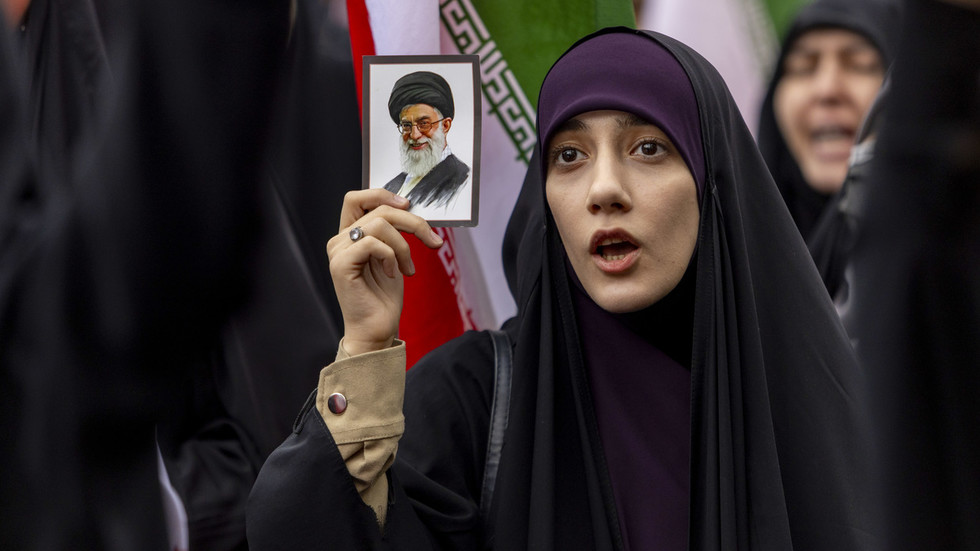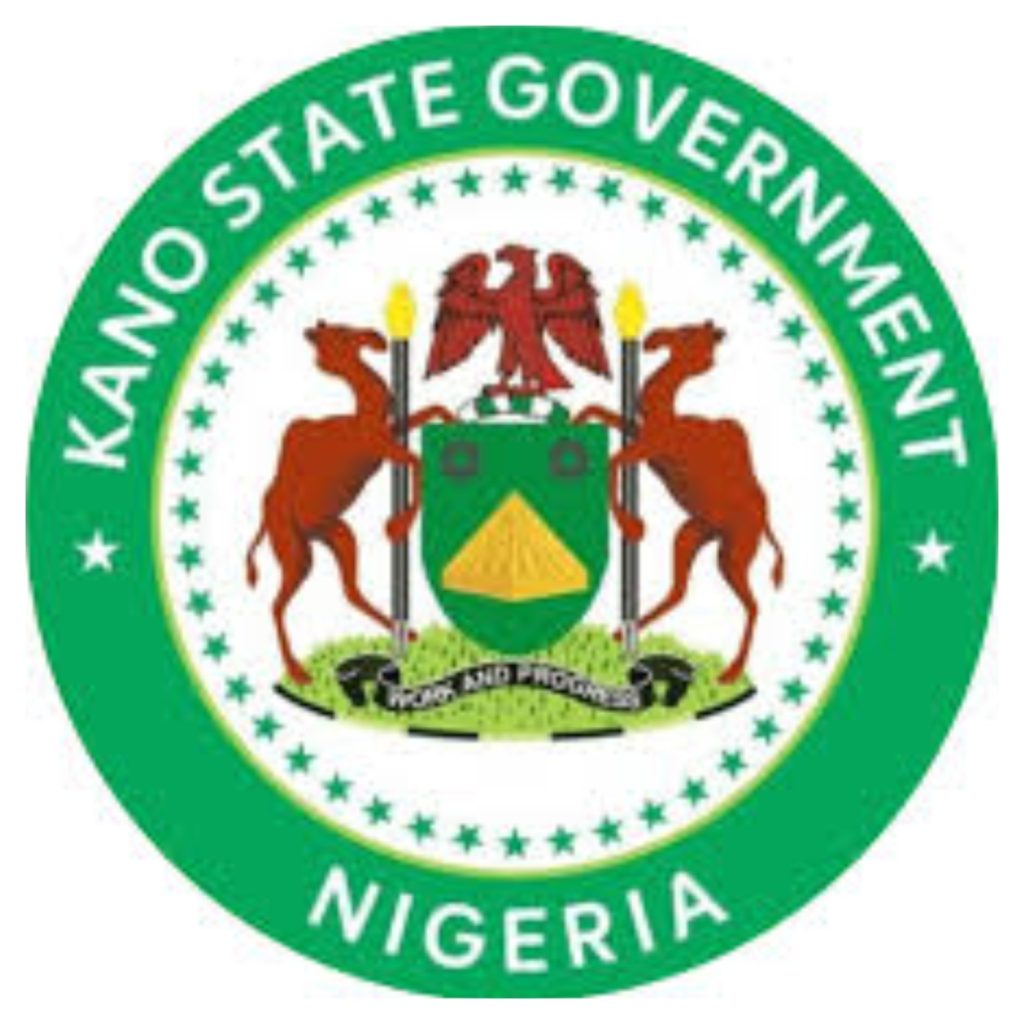Taiwan Stands Firm Against South Africa’s Request to Relocate Representative Office
In a bold move, Taiwan has rejected South Africa’s request to relocate its representative office from Pretoria to Johannesburg, citing a breach of a 1997 agreement between the two nations. This decision reflects Taiwan’s ongoing efforts to resist China’s attempts to diplomatically isolate the self-governing island.
According to Taiwan’s Foreign Ministry spokesperson Jeff Liu, the request to relocate or close the office is a clear violation of the 1997 agreement, which allows both parties to set up offices in each other’s country. Liu emphasized, “Our side will never accept the unreasonable demands of the South African government.” This statement echoes Foreign Minister Lin Chia-lung’s previous assertion that Taiwan “is ready for any situation” regarding the demand.
Both Lin and Liu stressed that the office is Taiwanese property, and Taipei has the authority to decide its location and status. This stance is supported by Fan Chen-Kuo, director of the Taiwan-Japan Relations Association, who deemed the South African government’s request “both unreasonable and illegal.” Chen-Kuo noted that this perspective is shared not only by Taiwan but also by other democratic nations.
The robust commercial relationship between Taiwan and South Africa is evident in the presence of a liaison office in Taipei, which serves as an unofficial embassy and consulate due to the absence of formal diplomatic relations. These relations were severed when South Africa opted to recognize China instead of Taiwan. China claims Taiwan as its territory and is prepared to use force to annex it.
Taiwan maintains a strong global presence, operating missions in all major countries. However, it has only five missions in Africa, where China’s influence is growing rapidly through infrastructure projects such as roads and railways. Notably, in 2017, Taiwan agreed to Nigeria’s request to relocate its liaison office from Abuja to Lagos. In contrast, Taiwan’s refusal to comply with South Africa’s request is perceived as a firm stance against China’s increasing pressure on the international community to isolate Taiwan.
South Africa’s recent request to relocate Taiwan’s liaison office has sparked concerns about the country’s concession to China’s growing influence. China has successfully leveraged its influence to exclude Taiwan from the United Nations and related organizations, restricting its formal diplomatic relationships to only 11 countries and the Vatican. Taiwan’s resilience in the face of these challenges demonstrates its determination to maintain its sovereignty and global presence.



